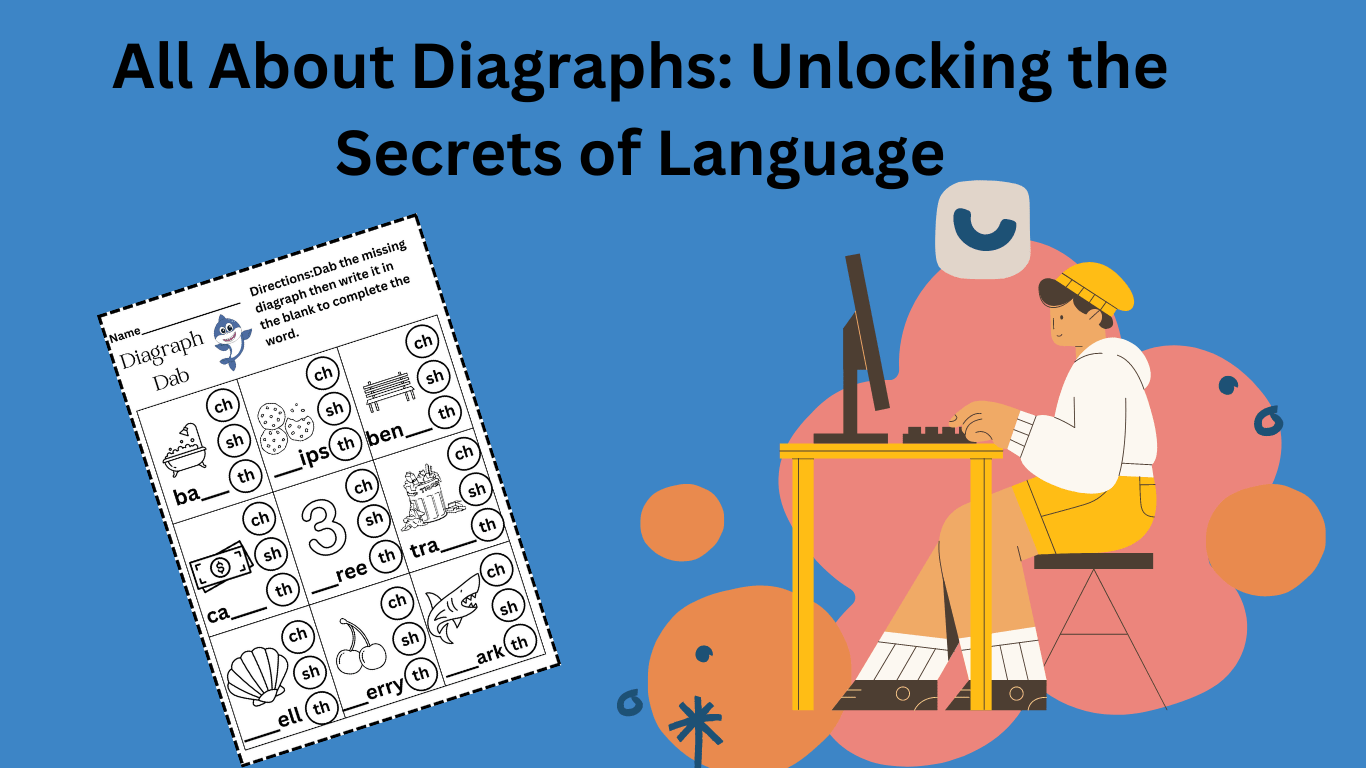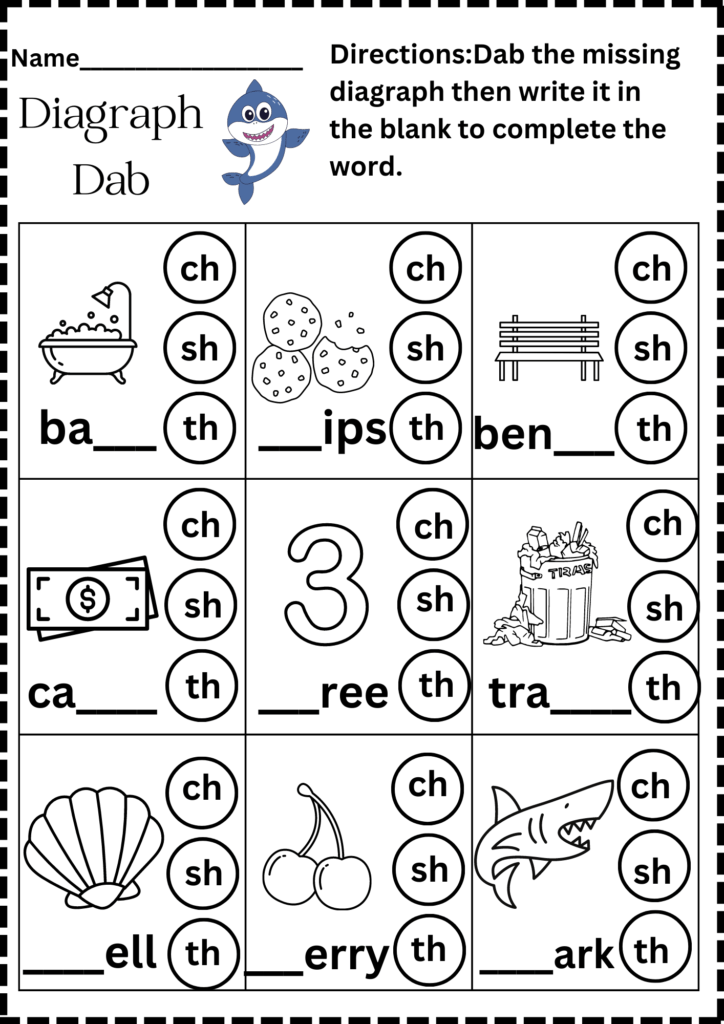Introduction
Language is a beautiful and complex tool that humans use to communicate, connect, and convey their thoughts. In the realm of linguistics, diagraphs play a crucial role. In this article, we will embark on a linguistic journey, exploring the concept of diagraphs from every angle. From their definition and significance to practical examples and frequently asked questions, we’ve got you covered.
All about Diagraphs
Diagraphs are an integral part of written and spoken language. These are combinations of two letters that work together to create a unique sound. Understanding diagraphs is essential for effective communication and language mastery.
Unveiling the World of Diagraphs
In this section, we’ll delve deeper into the world of diagraphs, shedding light on their various facets.
The Definition of Diagraphs
Diagraphs, in essence, are pairs of letters that represent a single sound. Unlike individual letters, which can have multiple sounds, diagraphs are consistent in their pronunciation.
Why Diagraphs Matter
Diagraphs might seem like a minor detail, but they hold significant importance in language. We’ll explore why understanding diagraphs is crucial for language learners of all levels.
Diagraphs in Different Languages
While we primarily focus on the English language, diagraphs are a linguistic phenomenon found in various languages worldwide. Discover how diagraphs differ across different cultures.
Examples of Diagraphs
Let’s move from theory to practice and explore some common diagraphs that you encounter daily.
“Th” Diagraph
The “th” diagraph is a classic example, often producing the “th” sound, as in “this” or “that.”
“Sh” Diagraph
“Sh” is another well-known diagraph, creating the “sh” sound, as in “shoe” or “ship.”
“Ch” Diagraph
The “ch” diagraph produces the “ch” sound, found in words like “chair” or “cheese.”
Mastering Diagraph Pronunciation
Correct pronunciation is key to effective communication. In this section, we’ll share tips on mastering diagraph pronunciation.
Overcoming Common Diagraph Pronunciation Challenges
Some diagraphs can be tricky to pronounce. We’ll address common challenges and provide strategies for improvement.
Practice Makes Perfect
Discover effective exercises and activities to practice diagraph pronunciation, making language learning fun and engaging.
Teaching Diagraphs
For educators and parents, teaching diagraphs to children can be a rewarding experience. We’ll offer practical advice and resources for teaching diagraphs effectively.
Strategies for Teaching Diagraphs to Kids
Engage young learners with creative teaching methods that make diagraphs easy to grasp.
Diagraphs and Early Literacy
Explore how diagraphs contribute to early literacy skills, setting the foundation for proficient readers.
Frequently Asked Questions (FAQs)
Let’s address some common queries related to diagraphs.
What exactly is a diagraph?
A diagraph is a combination of two letters that represent a single sound in language.
How do diagraphs differ from individual letters?
Unlike individual letters, diagraphs work together to create a unique sound consistently.
Are diagraphs exclusive to English?
No, diagraphs exist in many languages globally, each with its unique rules.
What are some fun ways to teach diagraphs to children?
Engage children in learning diagraphs through games, stories, and interactive activities.
Can diagraphs be challenging to pronounce?
Certain diagraphs can be tricky, but with practice, anyone can master their pronunciation.
How can I improve my diagraph pronunciation?
Practice regularly and consider working with a language tutor or using online resources.
Conclusion
In the intricate tapestry of language, diagraphs are the threads that connect words and sounds. By understanding diagraphs, we unlock the door to clearer communication and enriched language skills. Whether you’re a language enthusiast or an educator, this comprehensive guide has provided you with valuable insights into the world of diagraphs.


Maximiliano Suarez
kimothy buil